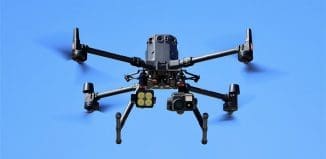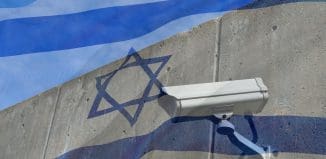Student Carrying Suspicious Flashcards Cannot Sue TSA for Detaining Him
This post is also available in:  עברית (Hebrew)
עברית (Hebrew)
A student detained at Philadelphia International airport over his Arabic flashcards cannot sue the Individual TSA and FBI agents who held him in custody, an appeals court has ruled.
 The student, double-majoring in physics and Middle Eastern studies, carried Arabic-English flashcards in his backpack. Most of the cards carried everyday words such as “nice”, “sad,” and “friendly.”
The student, double-majoring in physics and Middle Eastern studies, carried Arabic-English flashcards in his backpack. Most of the cards carried everyday words such as “nice”, “sad,” and “friendly.”
According to HLS News Wire dome of the cards, however, included words like “bomb,” “terrorist,” and “explosion.” Chief Judge Theodore McKee of the Third Circuit Court of Appeals in Philadelphia noted that the student clearly had the right to have the materials, but “it is simply not reasonable to require TSA officials to turn a blind eye to someone trying to board an airplane carrying Arabic-English flashcards with words such as ‘bomb,’ ‘to kill,’ etc.” He added: “Rather, basic common sense would allow those officials to take reasonable and minimally intrusive steps to inquire into the potential passenger’s motivations.”
In August 2009 Nicholas George was detained at the Philadelphia airport where he was about to board a flight to California to begin his senior year at Pomona College. A TSA agent looking into his backpack found Arabic-English flashcards in his backpack. George sued the three TSA agents and two FBI agents who detained and interrogated him, and the federal government. In papers filed with the court George claimed he was handcuffed, locked in a cell for more than four hours, and subjected to aggressive questioning. George also sued three Philadelphia police officers, including the officer who put him in handcuffs.
IHLS – Israel Homeland Security
Philly.com reports that, the Third Circuit Court of Appeals in Philadelphia reversed a lower court ruling, holding that the three TSA agents and two FBI agents have qualified immunity in the suit. Chief Judge Theodore McKee, writing for a three-judge Circuit Court panel, said the law enforcement officials’ actions were reasonable, and George cannot pursue claims against the individual agents.
George’s cases against Philadelphia police officers and the federal government are not affected by the ruling.
The court’s holding cautioned, though, that George’s detention was at the “outer boundary” of what is permissible under the Fourth Amendment, and “much of the concern that justified his detention dissipated” after agents determined he was not carrying weapons or explosives. The additional inquiry, however, remained warranted, McKee wrote.
“Suspicion remained, that suspicion was objectively reasonable given the realities and perils of air passenger safety,” the ruling says.






























